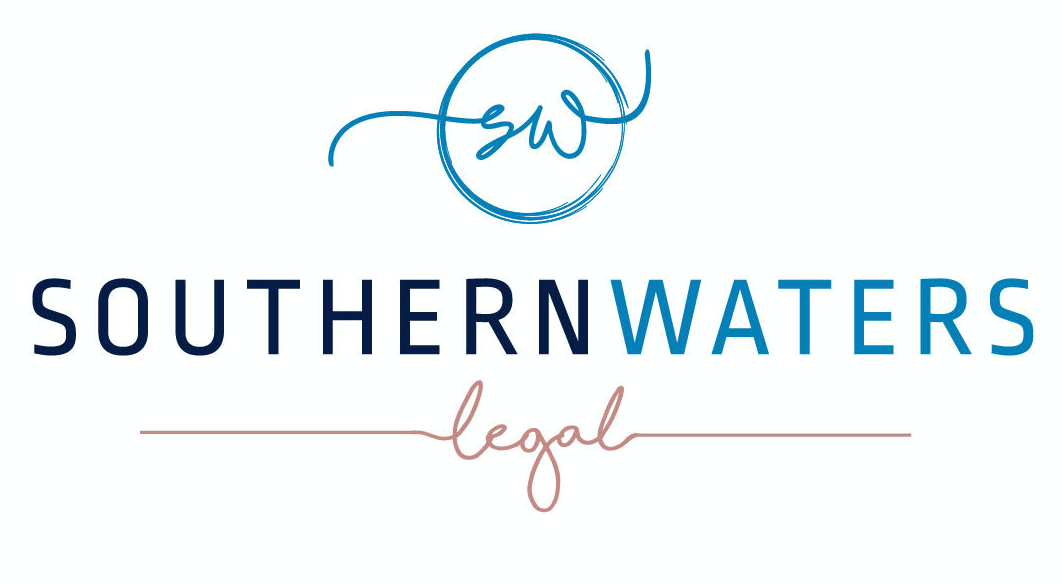What is the distinction between permanent and casual staff? And is a casual employee entitled to annual and personal leave in 2021?
Tag Archive for: business advice
The Federal Government and NSW Government have announced a joint package to support individuals and businesses across New South Wales during the latest lockdowns of Greater Sydney.
The NSW Government has implemented further measures to mandate rent relief for eligible commercial tenants impacted by COVID-19.
The federal government has introduced new legislation to modify the requirements for company meetings and the execution of documents by companies under the Corporations Act.
The new changes will take effect from 6 May 2020 and are outlined in the Corporations (Coronavirus Economic Response) Determination (No. 1) 2020.
Do you have a shareholders agreement in place for your business?
Are you covered for events like insolvency, bankruptcy, or if a shareholder becomes incapacitated? Its important to cover yourself as unfortunately these things can happen. Camille explains what is a Shareholders Agreement and why you should have one in place.
Cash flow is a crucial element to the growth and stability of a business. It is important to ensure that you have access to such cash when you need it. Often, this cannot occur for some businesses because of existing debtors. Here are some tips to manage your debtors:
Details
Ensuring your invoices have the correct details is extremely important. By this, we mean that it contains the correct contact details for your customers. This can include:
- A contact name;
- The correct address for the customer;
- If works is being performed at a property or site, it doesn’t hurt to include this as well; and
- If your customer is a company or business, include the Australian Company Number (ACN) or Australian Business Number (ABN).
Sending
You want to be on the front foot with issuing your tax invoices. If you can send this to your customer on the same day you sell your product or provide your services, or at an absolute minimum within the same week. If your payment terms are 14 days, this could mean the difference between clients paying someone else’s invoice before yours.
Payment Options
Have a payment process that is easy for your clients to use. Take advantage of technology systems that are available to ensure an efficient way in which payment of your invoices can be attended to and finalised.
Disputes
If a customer disputes your invoice, ask them to specify if it is certain parts or the entire invoice. If it is parts of the invoice ask them to pay the non-disputed amounts, that way you are receiving some form of cash flow whilst you negotiate on the disputed aspects of the invoice.
Proactive
Be proactive about chasing your debtors and pick up the telephone. Do not be afraid to ask for payment and if a payment arrangement has been entered into make sure that you are monitoring it closely and contact your client immediately if the arrangement has not been kept.
Further Action
Be prepared to take further action for non-payment. This could be referring your customer onto senior management within your business or onto a solicitor who can assist with recovering the debt. The sooner you take such steps the easier it is to recover your money.
Review Terms
Ensure that a solicitor has reviewed your contracts so that they are legally compliant, as this will eliminate obstructions to the debt recovery process.
If you have any questions in relation to how to manage your debtors or reviewing your terms please contact one of our experienced team members at Southern Waters Legal on 9523 5535.
In this age of technology, money is being transferred electronically on a daily basis. We pay our bills, we transfer money to our friends for dinner and we help out our family. More and more, this is happening by way of electronic funds transfer.
Most of us are incredibly diligent in double and triple checking that we are sending money to the right account, however we are also human, and accidents happen. So what happens if your fingers slip and you transfer money to the wrong account?
Australians are known to love property as an investment vehicle. Generally this has been achieved by borrowing from a bank to purchase property before paying it off over time. Since 2007 self managed superannuation funds (SMSF) have been allowed to borrow money to acquire property, which has seen a large increase in the amount of SMSFs and the amount of property owned by SMSFs.
What is a SMSF?
A SMSF is a superannuation fund that has four (4) or fewer members and is an alternative to retail and employer sponsored superannuation funds. In a SMSF, the members (who are subject to strict rules) have control over the superannuation fund, its investments and decisions.
Debt disputes arise in both personal and business relationships and can cause a great deal of stress. Here are some simple steps you can take to recover your money:
1. Check the details
The first step is to review all the information you need to start the debt recovery process.
You should confirm who the invoice is made out to, and who issued the invoice. This will allow you to determine who you need to chase for the debt (the debtor) and who the money is actually owed to (the creditor).
You should then establish exactly what goods or services you provided to the debtor and how much the debtor owes you for these goods and services.
1. Look after your future self
Superannuation is a way to save for your retirement. When you are a Contractor or Self-Employed, Superannuation is essentially your own obligation. There is no employer squirrelling away your 9.5% for you every pay run. Treat yourself as an employee and put Super away each year to ensure you can live comfortably in retirement.
